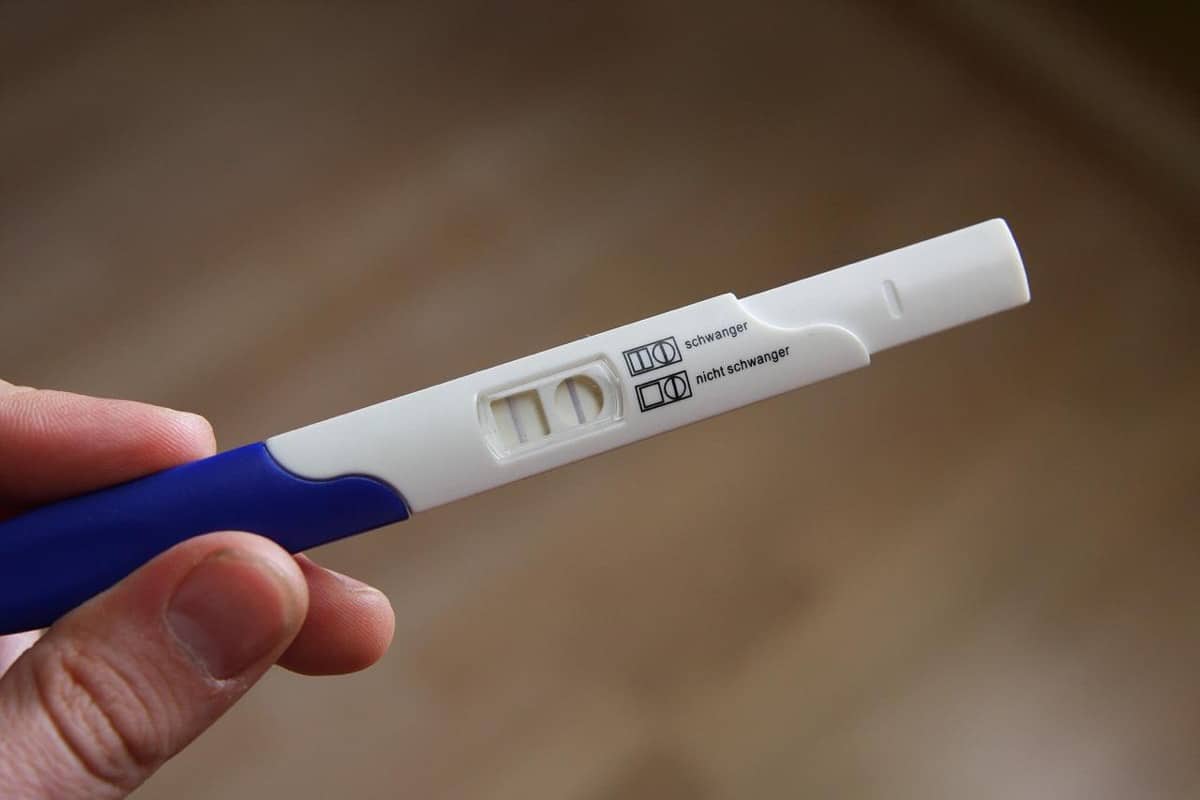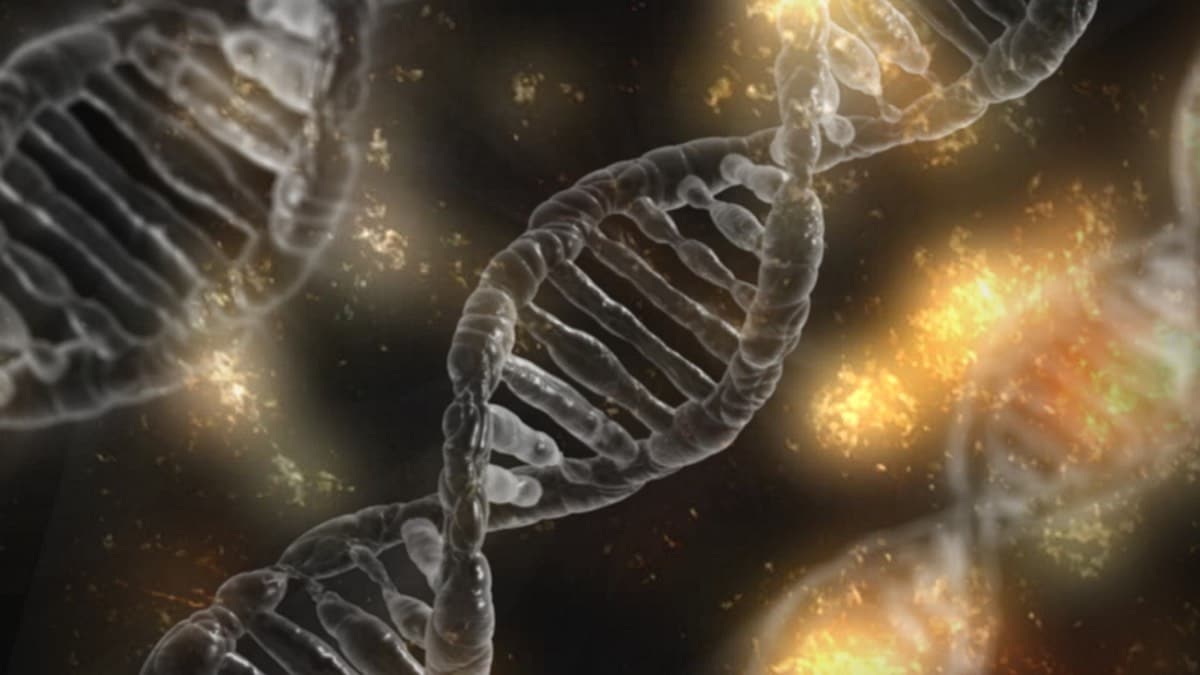
An empty egg is a fertilized egg that implants in the uterus but does not develop into an embryo. The placenta and embryo sac are formed, but remain empty. This means that there will be no growing baby. It is also known as anembryonic gestation or anembryonic pregnancy. An empty egg normally leads to miscarriage. It is not possible for it to become a viable pregnancy.
Although there is no embryo, the placenta continues to produce the hormone human chorionic gonadotropin. This is a hormone designed to support pregnancy. Pregnancy tests in blood and urine look for this hormone, so the empty egg pregnancy can result in a positive pregnancy test even though the pregnancy is not actually ongoing. Pregnancy-related symptoms such as sore breasts and nausea may also occur.
What are the symptoms of empty egg pregnancy?
An empty egg pregnancy sometimes ends before the woman realizes she is pregnant. When this happens, you may think you are having a heavier than normal menstrual period. This condition may have the same symptoms associated with the pregnancy, as the following:
- A positive pregnancy test
- Breast pain
- a lost period
As the pregnancy ends, symptoms may include those of a miscarriage. These symptoms can be the following:
- Vaginal spotting or bleeding
- abdominal cramp
- Disappearance of chest pain
Pregnancy tests measure levels of the hormone called human chorionic gonadotropin, so an empty egg pregnancy can still give positive results before tissues are removed.
What are the causes?

this pregnancy it is not caused by anything the woman did or did not doeither during or before pregnancy. The exact cause of empty egg pregnancy is unknown. It is believed to be caused by chromosomal abnormalities that occur within the fertilized egg. This can be the result of genetics or poor quality eggs or sperm. You may be at significantly higher risk if the man is biologically related to the woman.
This type of pregnancy can occur so early that it often goes unnoticed. However, many women who go through this experience go on to have healthy pregnancies afterwards. It is not clear if empty egg pregnancy occurs more frequently in first-time pregnancies or if it sometimes occurs more than once. Most women who have an empty egg pregnancy have normal pregnancies and healthy babies afterward..
How is an empty egg pregnancy diagnosed and treated?

An empty egg pregnancy usually discovered during the first ultrasound performed at a prenatal appointment. The ultrasound will show the placenta and the empty embryo sac. An empty egg pregnancy usually occurs between weeks 8 and 13 of pregnancy. If this type of pregnancy is discovered during your prenatal appointment, your doctor will discuss treatment options with you. These treatments can be:
- Wait for the symptoms of spontaneous abortion occur naturally
- Taking medication to cause a miscarriage
- Undergo a surgical procedure to remove the placental tissues from the uterus
The duration of the pregnancy, the woman's medical history and her emotional state will be taken into account when choosing the best option. It is important to know and analyze the side effects and associated risks with any type of medication or with the surgical procedure.
Although there was no baby, there was a pregnancy loss. Miscarriages can be emotionally difficult and waiting for the pregnancy to end may take longer than anticipated. For this reason, some women decide to stop surgically or with medication. Other women are uncomfortable with these options and prefer to let the miscarriage happen on its own.
Can this type of pregnancy be prevented?
An empty egg pregnancy cannot be prevented. If you're concerned about this condition, you can discuss your concerns about possible genetic causes and procedures that might help prevent it with your doctor. You can also talk about exposure to toxins in the environment. This could be related to empty egg pregnancy and miscarriage.
The specific cause of empty egg pregnancy is unknown, but chromosomal abnormalities appear to be a major factor. Having a pregnancy of this type does not mean that the next one will be the same. Most women who experience this have healthy pregnancies afterwards.